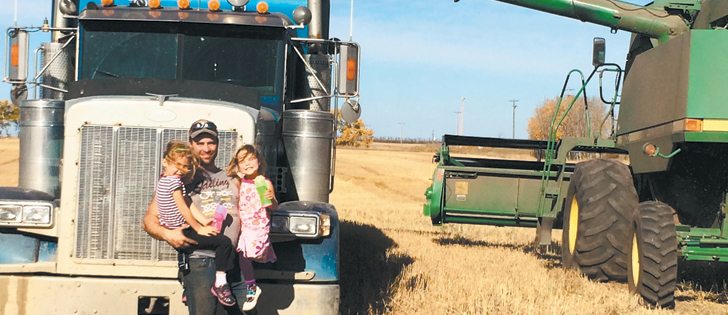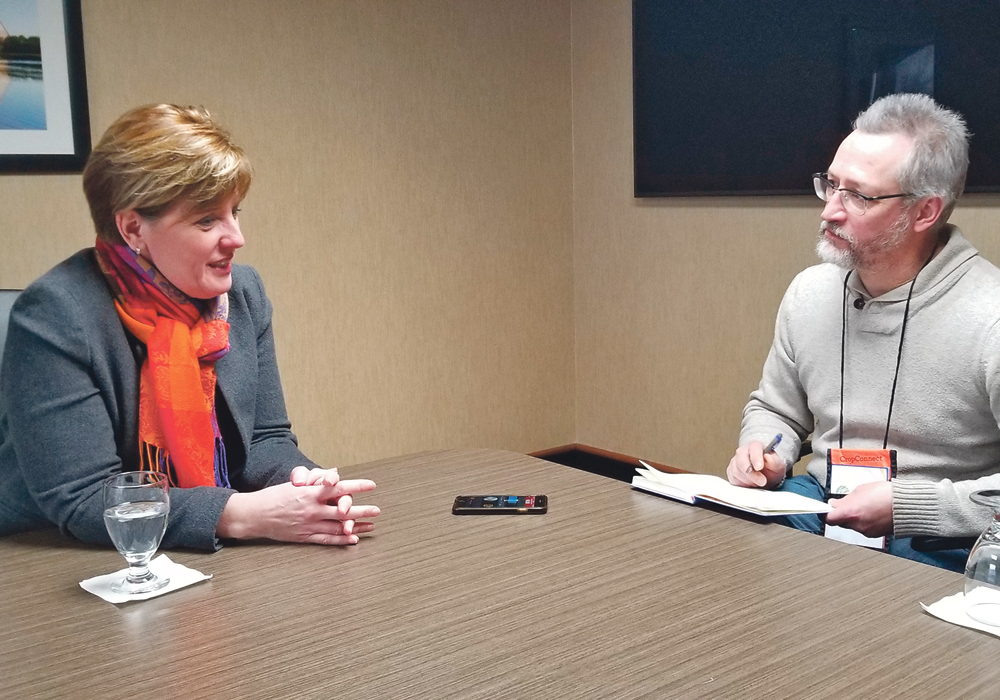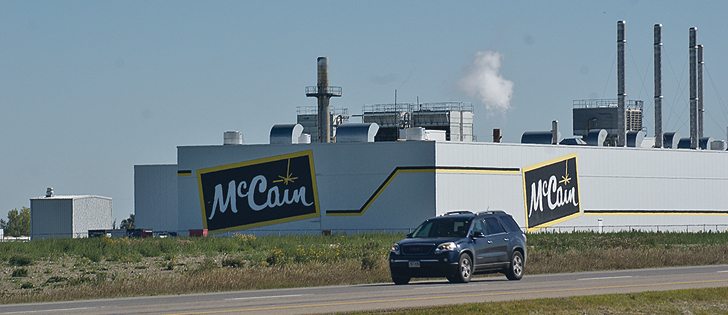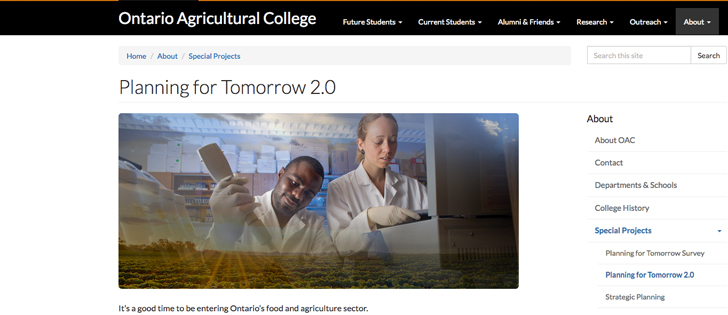There’s a new group of investors out there who have a fresh look at the potential of Canadian agriculture
CALGARY — Prairie farmers have relied on borrowed money since 1812 when the first Selkirk settlers ran lines of credit to buy axes, seed and supplies from the Hudson Bay company.
Since then, sources of farm credit have expanded to include banks and credit unions, along with federal and provincial governments.
As land and input prices continue to drive up the cost of farming, a new form of farm credit has emerged.
Canada is witnessing the en-trance of ag-savvy investors who write the cheque to a specific farmer, who they think will give them a solid and secure long-term return. The transaction does not involve banks, credit unions or government programs.
Read Also

Farming Smarter receives financial boost from Alberta government for potato research
Farming Smarter near Lethbridge got a boost to its research equipment, thanks to the Alberta government’s increase in funding for research associations.
The deal is put together by a new Canadian company called Area One Farms, launched by Ontario dairy farmer Joelle Faulkner in 2012. Faulkner locates an investor who wants to invest in farmland. She matches that investor with a Canadian farmer who wants to expand, but doesn’t want the risk of dealing with conventional lending houses. She emphasizes that Area One Farms will not negotiate deals that would jeopardize the home farm.
One of the first Canadian producers to access this new financing system is Jordan Webber, who crops 5,000 acres and runs a 600 head cow-calf operation with his family north of Coronation, Alta.
“Our family farm, as it’s grown over the 100 years we’ve been farming, has used all possible sources of credit at different times,” says Webber.
“As our margins become tighter and our risks go up, we found ourselves in a position where traditional financing would no longer serve our growth strategy.
“The big rent dollars weren’t fitting our model and the big debt and interest costs weren’t something we were interested in. Personally, with a younger family, it just wasn’t in the cards for us. Even with the equity in our long-term family farm, the risk didn’t justify the debt.”
Webber runs the farm in partnership with his uncle. He says their mutual dilemma is that they need to grow the farm to make room for the uncle’s sons, who want to farm too. Webber says although his cousins have skills for the farm, including ag training and accounting, 5,000 acres isn’t enough to support two new households.
Farmers in his area, just like farmers all across the Prairies, are in an expansion mode. Suitable land isn’t always available. When it does come up for sale, it’s snapped up quickly and at premium prices.
The family’s growth plan was in limbo when fate sepped in.
“Then we ran into Area One Farms. They wanted to bring capital in a way that would partner with us through equity rather than debt. As farmers, we’re always sceptical, but the more we looked at how their model was built specifically to fit a farm, the more we realized this could be an incredible opportunity for us.
“So we partnered with Area One Farms to do a large expansion that will accommodate my two cousins who want to move home.”
Webber explains that the expansion had to be large enough and it had to be financially viable if they expected the farm to support two more households. Working with Faulkner, the Webber family developed an expansion plan that carried a $7.8 million price tag. He says 85 percent of the money came from Area One Farms investors.
The price of farmland in many parts of Alberta is skewed because of oil lease revenue. However, that’s a positive factor for potential investors because land maintains passive income value should the bottom fall out of farming.
“We own the portion (of land) that we purchased outright. We manage the new land and we earn a portion of the profit for doing that, plus a portion of the appreciation over time. We purchased as large of a portion outright as we could with the risk we could tolerate. Area One brought in the balance of the capital to complete the deal. That’s the 85 percent portion.
“We formed a separate company that owns all the new land. This company is jointly owned by us and the investors. It’s a separate entity.
“The investors basically remain anonymous. I have met some of them who were interested in coming to our farm and visiting with us, and that’s actually been really fun, but most of them choose to remain anonymous.”
Webber knows the best laid plans can go awry, but risking the home farm was never in the cards. He says the deal is structured to protect the farmer.
“Area One can’t guarantee what the future holds. After 10 years, with our appreciation and with our profit, we’ll be able to buy them out at market value at that time. If things don’t work exactly as planned for us, I’m comfortable the market will be at a place where we can re-new a portion of the deal
“We’ll do our best to purchase what we can. And the balance, if we’re not able to do the deal, would be available back to the investor.”
Webber says he’s not stressed about the investors calling in their loan. He says they understand the economics of agriculture and they have an empathy for farming.
“We know that in the next two decades, traditional investment opportunities are going to be sideways. An investment opportunity like Area One means you’re working with good people and your working with good assets. It’s a very good place to put capital over the long-term.
“So the answer to the question is emphatically ‘Yes’ I would invest in a farm expansion if I was an investor.”


















